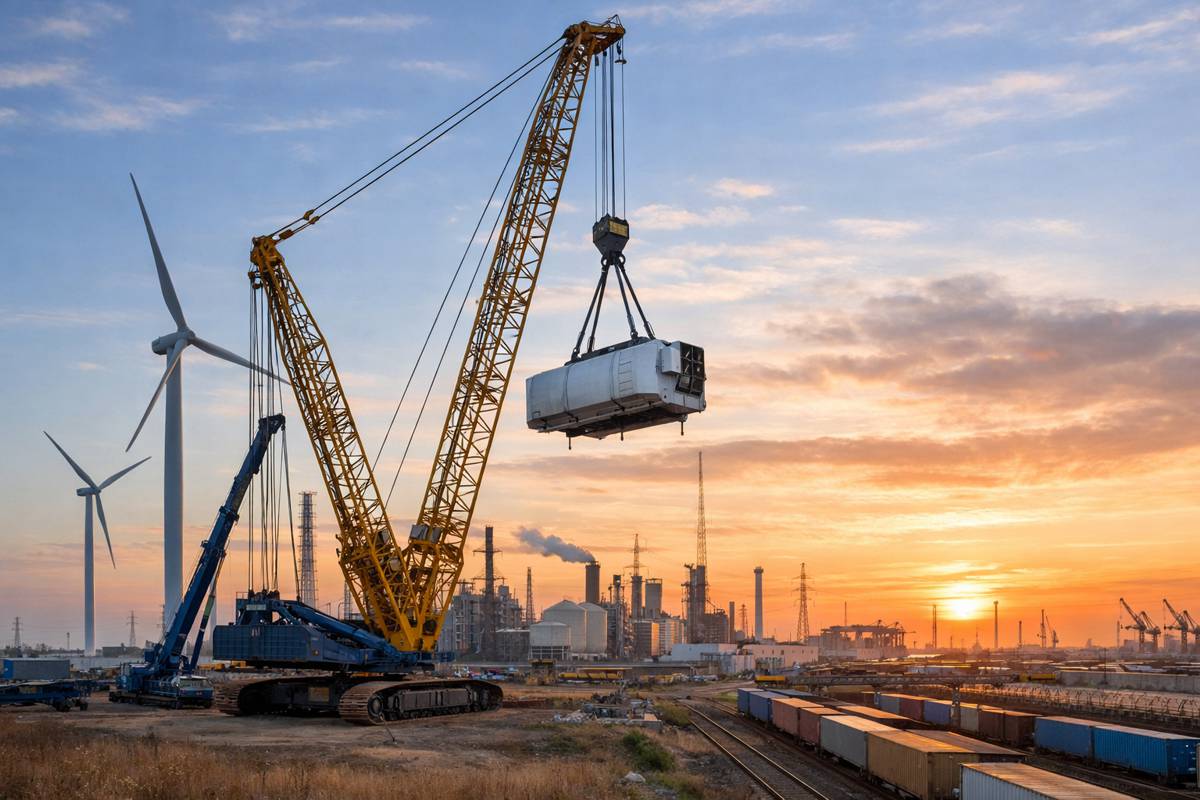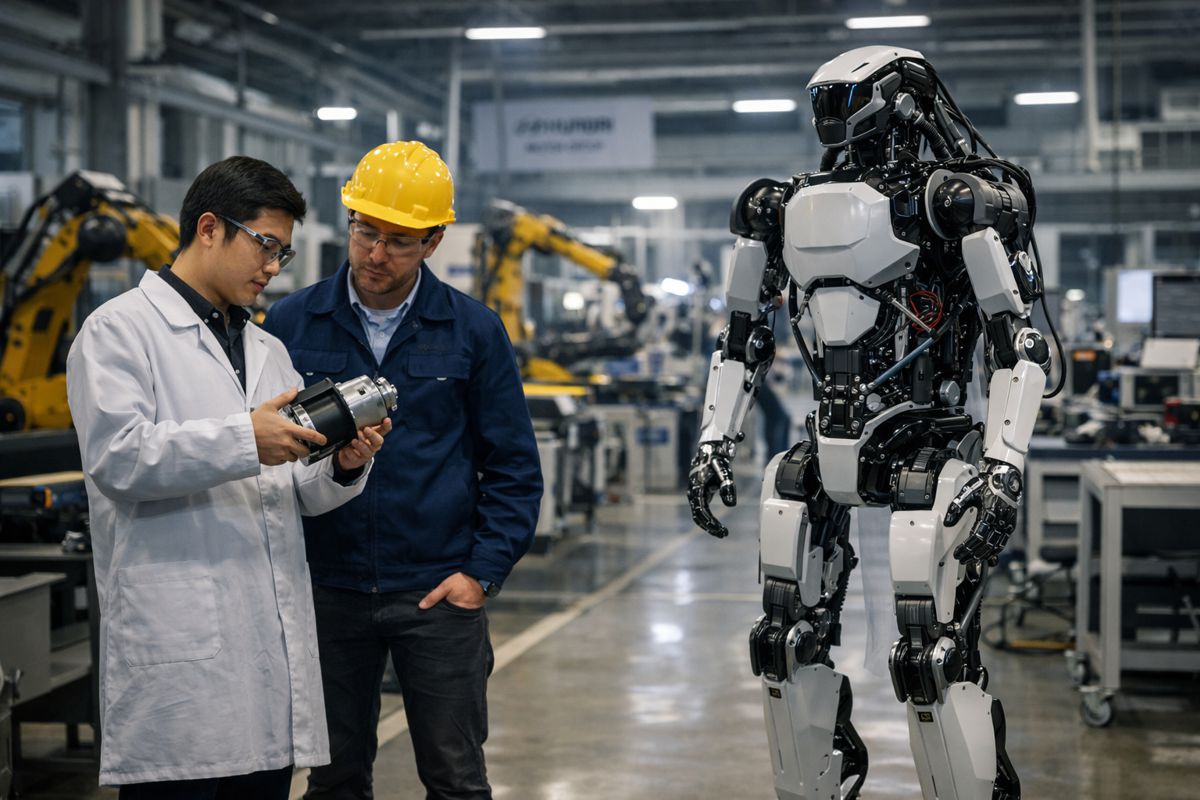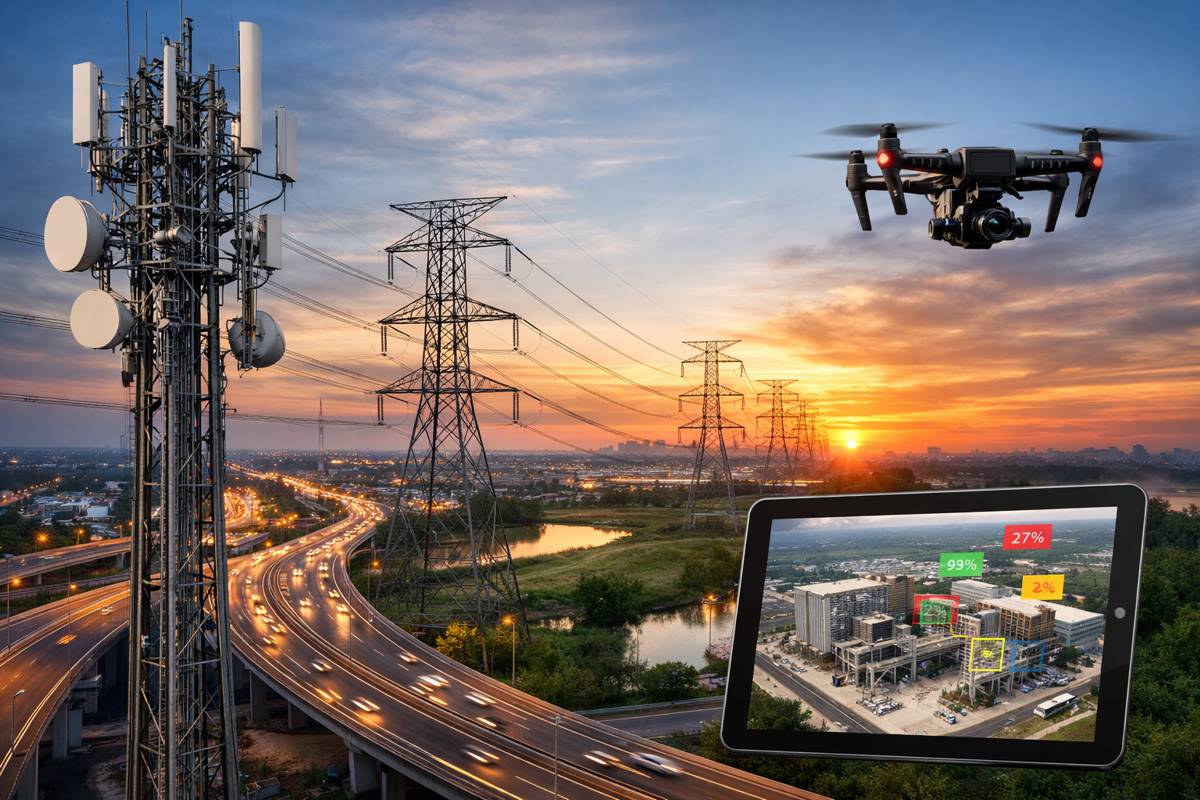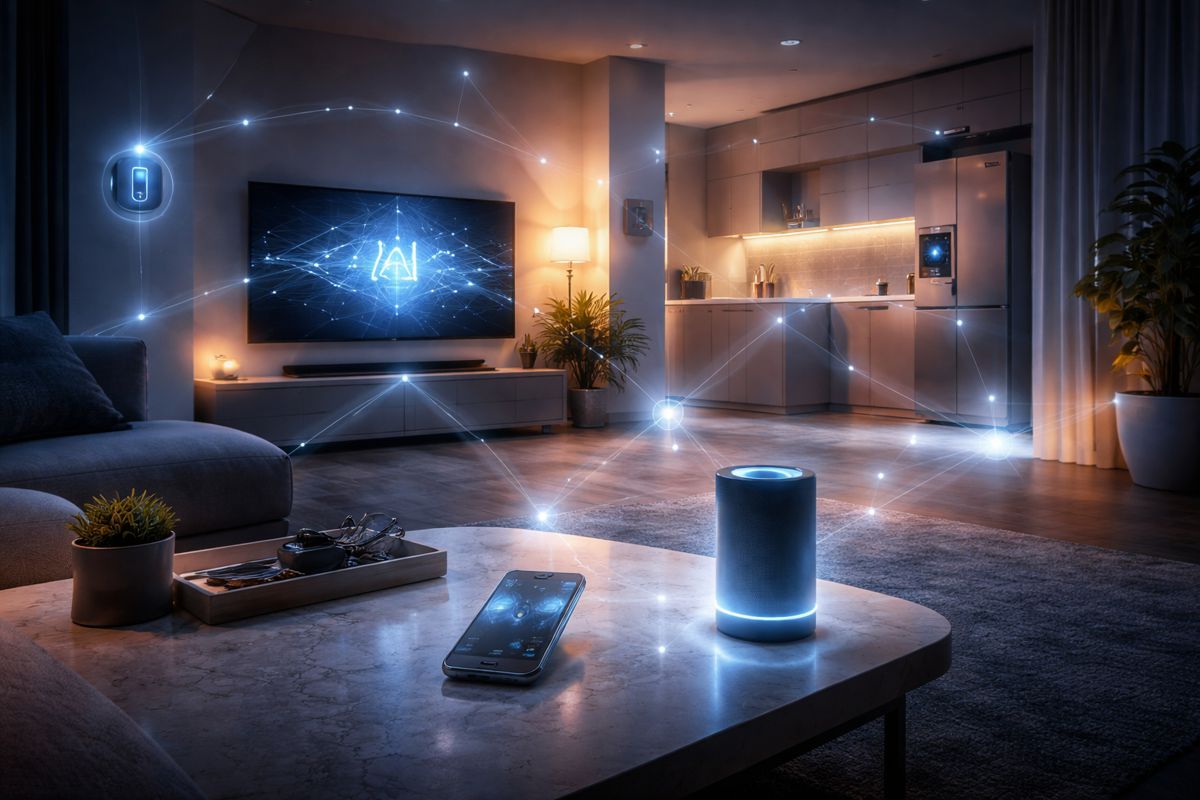VolvoCE leading diversity in construction
With a diverse workforce one of the key ways to promote innovation and creativity, how can a male-dominated industry like construction achieve better equality and diversity? We discuss how to get there with a pioneering team leader from Volvo Construction Equipment (Volvo CE) who is doing just that.
Leading Volvo CE’s IT solutions function for only 10 months – and in that time increasing the number of female leaders in his department from zero to 50% – is no small feat. Particularly for an industry that has a reputation for traditional male workers.
But Jay Parker, Vice President of Process and IT, is a firm believer in diversity of all types, across genders, cultures, experience and age – and has made it the responsibility of everyone in his team to nurture that vision.
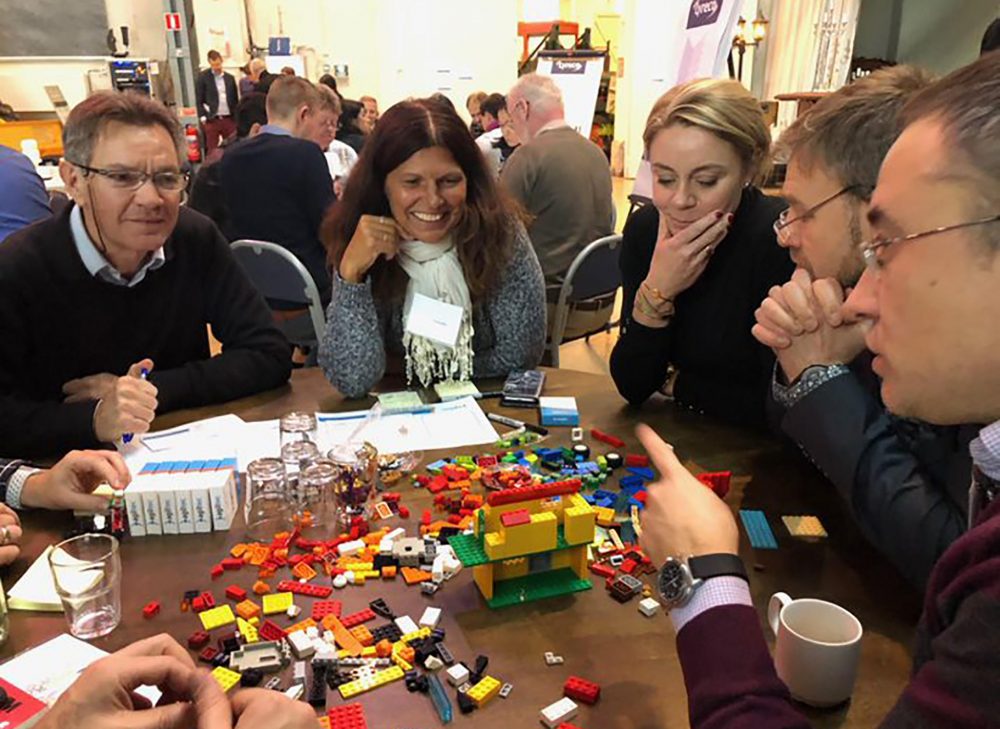
You’ve made it a priority to have as diverse a workforce as possible. How did you go from 100% male directors to a more gender balanced top tier structure?
“When I started this job in August last year, we had no women at the top of the department – now it’s 50% men and 50% women. The first female I hired into this top role didn’t get the job simply because she was female. I selected her because what she brought to the table was curiosity, learning and empathetic leadership. Of course these qualities can exist in all genders, but in my experience empathetic leadership is more often demonstrated in women than men. I believe it’s a critical quality to have in an engaged leadership.”
Is this balance reflected across the whole department?
“Not quite yet, but this is something we are looking to address. We’ve done the analysis and the further down in the Process and IT function, the more it becomes heavily weighted to males. Starting with the director level at 50%, the next level from that is 55% men and 45% women, then 78% men and 22% women, and then we have the lower organization levels which is more like 79% men and 21% women and shifting to 100% men the next level down.”
So how do you go about redressing the imbalance?
“Active recruiting and employee branding are some of the ways we are able to encourage more women to apply. On these lower levels, perhaps we do need to weight our recruiting choices more towards females and non-Europeans. But I think it starts much earlier than that. If I reflect on how I talk with my kids – my son and my daughters – we often talk about what it’s like in a corporate environment and how people should behave. I’m very clear that we shouldn’t treat people in the workplace any differently than we would treat our friends when it comes to respectful interaction. And that is how to build a more empathetic work environment and a culture that is supportive yet positively challenging.”
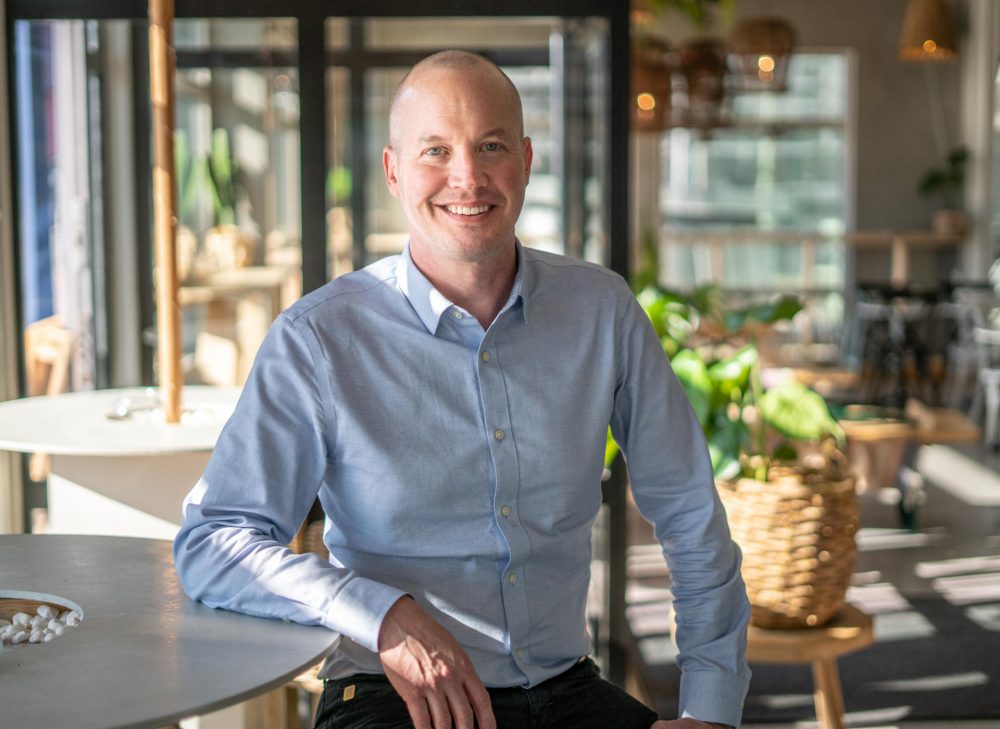
Why is it so important to have diversity in the workplace?
“We have to always ask ‘does your place of work reflect the society you live in?’ We all have people in our families of different genders, why shouldn’t we expect the same in the office? If I go to a grocery store every day, I hear different languages all around me and see roughly a 50% gender split. We are lucky enough to work in a global company in Volvo CE so already have an impressive cultural diversity here, but when it comes to the gender divide, we can all do better. And we all have a responsibility to help with that. Breadth of diversity from all aspects helps to create more robust ideas and higher engagement if the organization is working toward a common vision that they were involved in creating.”
Did you use any specific techniques with your own recruiting process?
“I am an advocate for case-based recruiting. It works by giving the final round candidates the same real-world case and then assessing them on how well they understood the challenge and how innovative, passionate and curious they were in their response. It was this method that led to us recruiting one of our female leaders. On paper another candidate had better qualifications, but the energy and passion came through and that was what was required for the role.”
What challenges do you face?
“The biggest challenge is having an attractive business environment that would attract females in the first place. Why would they want to work here? It’s everyone’s responsibility to become engaged in this and try to make a difference.”
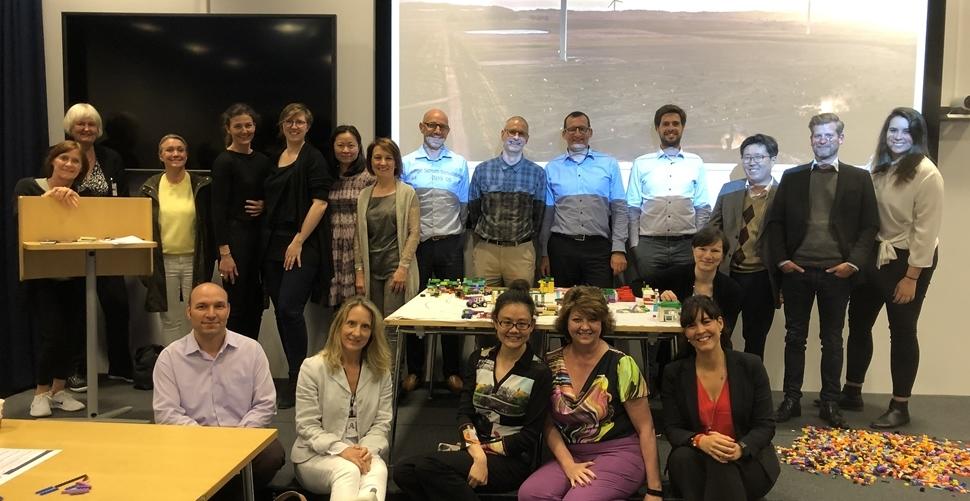
So is construction a particularly unattractive environment for women?
“The construction equipment industry is no doubt very male dominated but in the office functions where we work I see it changing quite a lot. Certainly across the Volvo Group, for being such a large and old corporation, it is changing rapidly, particularly with the rise of empathetic leadership.”
Do you see a need to increase diversity across other demographics, not just gender?
“Absolutely. Diversity in cultures, diversity in backgrounds and diversity in experience. It’s all important. The broader and healthier the perspective you bring, the better functioning the team will be. As long as you have respect for each other and demonstrate that respect in behaviours, having a diverse range of opinions is what produces the best results.”
And you really do feel that this is a collective responsibility?
“We are humans. And humans don’t build teams and work together by being bullies. Teams are much more successful than individual star performers. The age of technocratic leadership is behind us. Leaders that win are those that focus on working together and between teams.”









